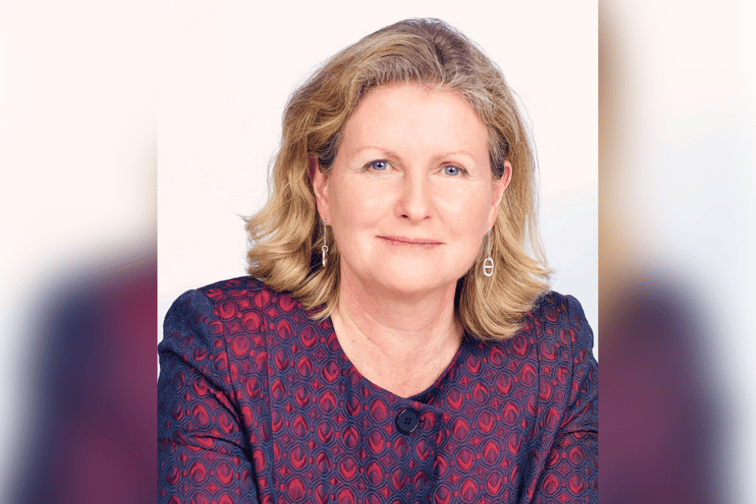

Managing climate-related risk and supporting the transition to a low carbon economy is one of the most significant challenges facing individuals and businesses today.
The insurance profession has taken many steps in recent years to assist individuals and corporate customers to understand and manage the risks associated with climate change. The United Nations Climate Change Conference and UK policymakers have made it clear while these steps were appreciated the insurance profession now needs to switch from steps to strides forward.
The UN Climate Change Conference, COP26, agenda outlined how a sustainable financial system can support the transition to a net zero economy.
The Bank of England has also added the objective for UK financial services providers is that “every professional financial decision will need to take climate change into account.”
Speaking in February 2020, Mark Carney, governor of the Bank of England, said: “Given the scale of the climate challenge and the rising expectations of our citizens, 2020 must be a year of climate action where everybody’s in, and that includes the world’s leading financial centre.
“To identify the largest opportunities and to manage the associated risks, disclosures of climate risk must become comprehensive, climate risk management must be transformed, and investing for a net-zero world must go mainstream.”
Recognising the importance of tackling this topic, the Chartered Insurance Institute has worked with our fellow members of the Chartered Body Alliance to develop our first joint qualification, the Certificate in Climate Risk.
This qualification will develop the capacity and capability of finance and risk professionals globally in this key area to ensure they can help consumers and corporate clients make financial decisions that include the consideration of climate change.
It is vital that insurance professionals are equipped with the knowledge and skills to help clients grasp what rising temperatures and a shift away from fossil fuels means for their businesses.
If they fail to get to grips with this then Leon Saunders Calvert, head of research and portfolio management at the London Stock Exchange, says they could end up with clients who failed to face the “existential crisis” and left their cash in the likes of Blockbusters rather than ploughed their pounds into the likes of Netflix.
He said: “The economy will come under various pressures to decarbonise aggressively over the next 10 to 20 years, increasing transition risk but hopefully decreasing long-term physical risk.
“All companies have some level of exposure to that and if you don’t factor it into your analysis then you will find yourself exposed to a business that has not adapted to the new business economy.
“The opportunities are significant. The opportunity to invest in companies at the vanguard of this transition is really very exciting. Think of Tesla - their valuation reflects their management of the transition risk very favourably.”
So, what are the challenges and opportunities facing insurance and personal finance professionals whose clients want to make the most of the shift to a low carbon economy?
While there is a plethora of environmental, social and governance data for the past, it is important that insurance professionals can link this with forward looking analysis if they are to fully support corporate customers.
What was clear from a webinar held by the Chartered Body Alliance to mark the launch of the Certificate in Climate Risk is, increasingly corporate customers want guidance for their own operating model rather than an overview of their sector. As Paul Dobbs, author of the Certificate in Climate Risk study guide, noted the challenge of grasping the problems and opportunities created by this transition are great but one our profession is capable of overcoming.
We are used to some industries and sectors with great datasets – such as the energy sector – but also handling others where it is sporadic. Understanding the impact of climate and transition is important if the insurance profession is to make better prioritisation decisions in the future.
As a profession we already understand that knowing one asset might get flooded once every five years and one might get flooded every 10 years does not tell you anything about what you might do to mitigate against that. What is also crystal clear in this fast-paced world is understanding climate and transition risk today does not mean that you then will grasp it forever. When we get to a net zero economy, the risks will change again. Every individual, company and country around the world will be impacted by the push towards a greener global economy in a different way.
The green agenda and the need to grasp and interpret emerging data means our profession’s services and skills in understanding and managing climate risk will be in greater demand than ever before.
